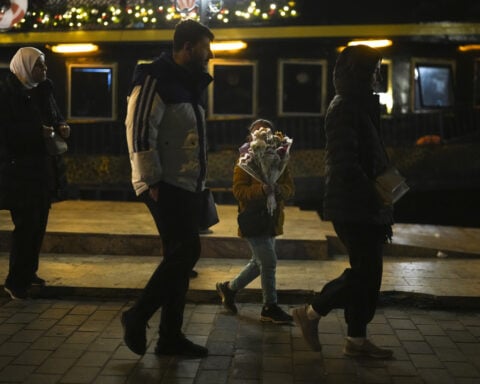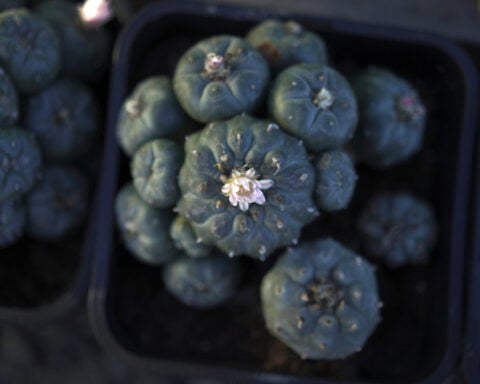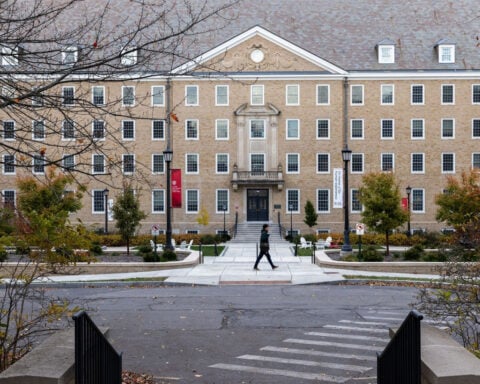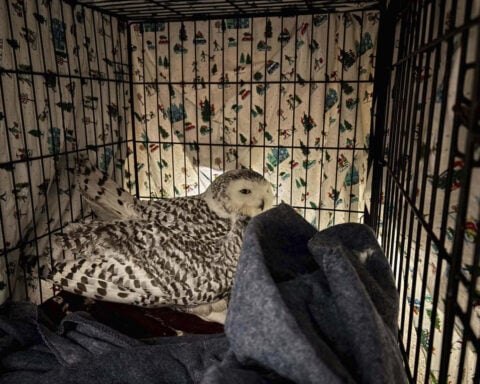SACRAMENTO, Calif.: California Gov. Gavin Newsom signed a law on Sept. 30 banning legacy and donor admissions at private universities in the state. The move aims to promote equal educational opportunities in higher education.
The new legislation, set to take effect Sept. 1, 2025, will impact a small number of private institutions in California that currently consider family connections in their admissions processes. Notable schools affected include the University of Southern California, Stanford University, Santa Clara University, Claremont McKenna College, and Harvey Mudd College.
Under the law, private universities in California will no longer be allowed to give preference to applicants based on their status as children of alumni or donors. The practice, commonly known as legacy admissions, has faced increasing scrutiny in recent years for potentially perpetuating inequalities in access to higher education.
"In California, everyone should be able to get ahead through merit, skill, and hard work," Newsom said in a statement. "The California Dream shouldn't be accessible to just a lucky few, which is why we're opening the door to higher education wide enough for everyone, fairly."
The legislation follows the United States Supreme Court's ruling last year that deemed race-based affirmative action in college applications unconstitutional. This decision has prompted a renewed focus on other admissions practices that may influence diversity and equity in higher education.
California's public university systems, including the University of California and California State University, do not currently use legacy or donor preferences in their admissions processes. Some private colleges in the state, such as Pomona and Occidental, have already discontinued the practice in recent years.
Assemblyman Phil Ting, a Democrat from San Francisco who authored the bill, emphasized the importance of fairness in college admissions. "If we value diversity in higher education, we must level the playing field," Ting said. "That means making the college application process more fair and equitable. Hard work, good grades, and a well-rounded background should earn you a spot in the incoming class — not the size of the check your family can write or who you're related to."
The law requires affected universities to submit annual reports to the state Legislature and Department of Justice by Jun. 30, 2026, indicating their compliance with the new regulations. The attorney general's office will have the authority to pursue charges against institutions found in violation of the law.
While the legislation makes legacy and donor admissions illegal, it does not specify punishments for universities that violate the ban. An earlier version of the bill had proposed stricter penalties, including financial consequences tied to state grant payments, but these were not included in the final law.
Recent data from affected institutions highlights the potential impact of the new legislation. In 2023, USC reported offering admission to 1,791 undergraduate applicants with donor or alumni connections, representing about 14.5% of admitted students. At Stanford, 295 such applicants were accepted, accounting for approximately 13.6% of the incoming class.
Santa Clara University, Claremont McKenna College, and Harvey Mudd College also reported admitting students with legacy or donor ties, though in smaller numbers. All these institutions maintained that admitted students met their respective admissions standards.
The move by California follows similar actions in other states. Maryland enacted a ban on all legacy admissions this year, while Virginia and Illinois implemented bans for public colleges and universities. Colorado took similar steps for its public institutions three years ago.
The new California law is part of a broader trend in higher education reform aimed at increasing access and equity. It reflects growing concerns about the role of wealth and family connections in college admissions, especially in light of recent high-profile scandals such as the "Varsity Blues" case, which revealed illegal admissions practices at several elite U.S. universities.
The legislation marks a significant shift in California's approach to higher education admissions, aligning private university practices more closely with those of the state's public institutions. As the 2025 implementation date approaches, colleges and universities across the state will need to adjust their admissions policies to comply with the new legal landscape.

 4 adults found dead of apparent carbon monoxide poisoning in New Hampshire home, officials say
4 adults found dead of apparent carbon monoxide poisoning in New Hampshire home, officials say
 Woman, 22, accused of stabbing victim over bad tip after pizza delivery in Kissimmee
Woman, 22, accused of stabbing victim over bad tip after pizza delivery in Kissimmee
 The bird at the center of the worst single-species mortality event in modern history isn’t recovering, scientists say
The bird at the center of the worst single-species mortality event in modern history isn’t recovering, scientists say
 Ukraine's military intelligence says North Korean troops suffer heavy battlefield losses
Ukraine's military intelligence says North Korean troops suffer heavy battlefield losses
 China's CATL to seek Hong Kong listing
China's CATL to seek Hong Kong listing
 Holiday shoppers increased spending by 3.8% despite higher prices
Holiday shoppers increased spending by 3.8% despite higher prices
 Louisville teen playing trumpet outside mall gets surprise PS5 from stranger
Louisville teen playing trumpet outside mall gets surprise PS5 from stranger
 Jim Larrañaga stepping down at Miami, Bill Courtney to take over, AP source says
Jim Larrañaga stepping down at Miami, Bill Courtney to take over, AP source says
 Iowa WWII veteran known as 'The Drummer' shares gift of music this holiday season
Iowa WWII veteran known as 'The Drummer' shares gift of music this holiday season
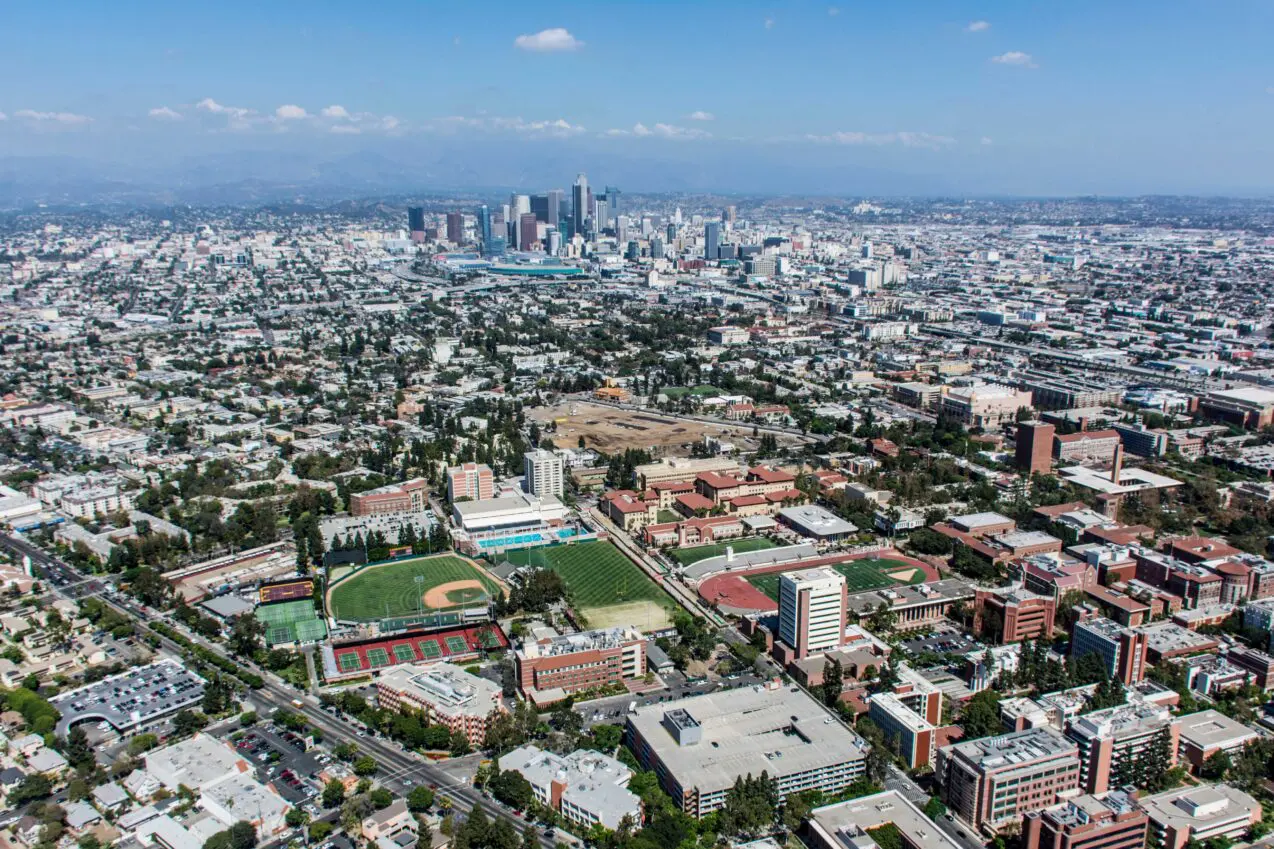 Getty Images
Getty Images

